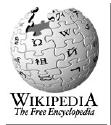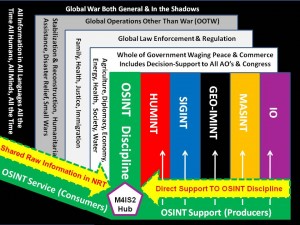When we first heard the term, “self-radicalized militants,” we thought they were talking about Lori Wallach, the tom-boy agitator now depicted in pearls with style. Above are three over-lapping sets of coverage on this term. We have just two questions:
1) Is “self-radicalized” like “immaculate conception,” one just “radicalizes” spontaneously with no external influences?
2) Is militant the antonym for passive? Can one be vocal, skeptical, concerned, even derogatory or condemning, and not be a “militant?”
At what point, one wonders, do the mandarins of Empire begin to understand “cause and effect?”
In our own varied experiences, the snarling “self-radicalized militants” emerge when the Empire has been Gored (now there's a turn of phrase rather sadly appropos) and is hemmoraging. We are at a tipping point. Tea Party, Coffee Party, Independents, Libertarians and generally pissed-off good old boys on one side, and “self-radicalized militants” on the other, with pasty-faced girly-men (Arnold Schwarzenegger's term) in the middle.
Play Ball!





